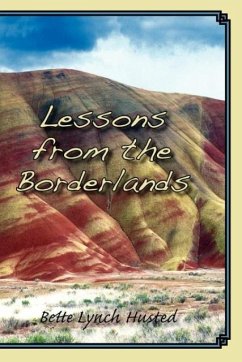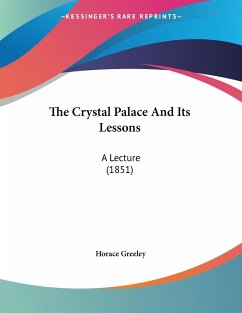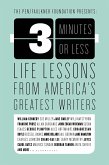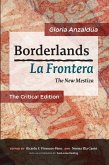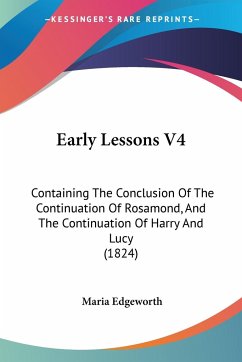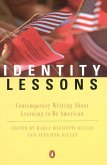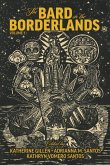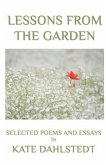"Stories can change us," Bette Lynch Husted says in this brave and compelling memoir about her own life as a poor rural girl who became a college teacher and author. As she tells us how she continually confronted unacknowledged borders of class, gender and race, we realize that true stories such as hers have the potential to change all of us. Historian Sue Armitage, coeditor of The Women's West Lessons from the Borderlands speaks truth. Truth about the working poor, about class in America, about possibilities and barriers in small town culture in the West. In this book I saw myself and my family, and the stories that have gone largely untold-stories about race and gender and the heroism of ordinary people struggling to live a decent life. It is a brave book, a necessary book, and moreover a beautiful book, rich with the language of poetry and of our Western landscape. Read it, please, and pass it along. Molly Gloss, author of The Hearts of Horses Bette Lynch Husted's Lessons from the Borderlands leads an impeccable entry into lives along lines long fissured and crosshatched true. Her love of land and living gifts us with tomboy tastes, a black-checkered mackinaw, velveteen, painted welcome doorsteps, partnership, rehabilitation, rushing with whitewater, and circles where halves of bodies merge and baby's heart beats against our chests. A textbook case, Husted's formidable sense of reckoning delivers a hearty meal of a story bringing peace to a place a village once renewed. Like the roots called little sisters, we are pulled from our ground and brought to our knees in the wing-brushed walk we share in this tale. This is exactly the story we need to breathe some camaraderie back into our bones. The skeletons in us reach for more and this story settles truths. Allison HedgeCoke, author of Off-Season, City Pipe "The truth is, I am trying to change things," says Bette Lynch Husted. Yet throughout these essays there is no polemical ranting; rather there are small stones set like prayer beads upon the page. These polished stones, the words themselves, examine through a gentle and reasoned voice, a teacher's voice, the kind of teacher we have all wanted, one who listened as she opened up new a vision on a known, or accepted, world. These stories have components of myth: personal journey, history, and hope. "Who have we been? Who do we want to be? Why are we here? How should we live?" "Do the people who find their way through the world without wading down creek beds simply know the right stories? The ones that will keep them from getting lost?" Husted asks. But her stories are not myth. They convey what it is like to still feel less than, other, apart, not deserving-and how hearing such labels used, and misused, can give us "the feeling that my real self was all wrong" and even limit ourselves. In these essays such limits are not confined to just race, or gender; they include the great unspoken (not spoken of) class divisions. But again we are offered possibilities, more stones to carry; we can listen to one another, we can offer each other stories and truths, about our lives, what we need, what we want. We need to be quiet. We need to listen. Lessons from the Borderlands gives us tools to begin. M.E. Hope, author of The Past is Clean
Hinweis: Dieser Artikel kann nur an eine deutsche Lieferadresse ausgeliefert werden.
Hinweis: Dieser Artikel kann nur an eine deutsche Lieferadresse ausgeliefert werden.

